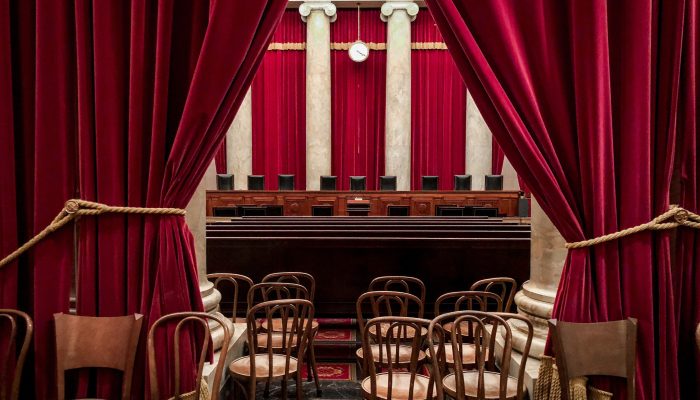As the Supreme Court deliberates Dobbs v. Jackson Women’s Health Organization, states across the country are preparing for the possible overturn of the Roe v. Wade abortion ruling.
Over the past few months, state legislatures have passed a variety of restrictions in anticipation of the Dobbs decision. On Thursday, a federal judge blocked a 15-week abortion ban that included reporting requirements from clinics in the state. Kentucky’s two providers said they would not be able to comply with the new reporting guidelines and the ban would have effectively eliminated access to abortion in the state.
This comes just one week after Oklahoma Governor Kevin Stitt signed a bill into law that would make providing an abortion a felony, punishable by up to 10 years in prison.
In South Dakota, Governor Kristi Noem and Planned Parenthood are currently entangled in a lawsuit that would further restrict access to abortion in the state. The ban, which was signed into law during the 2022 legislative session, would require patients seeking a chemical abortion to visit South Dakota’s only abortion provider in Sioux Falls three times to obtain the medication needed to complete the procedure.
Current South Dakota law requires mifepristone, the first drug in the regimen, to be administered by a licensed physician during a second visit after a 72-hour waiting period following informed consent from the patient. The law, which can’t take effect until litigation is resolved in court, would require a patient to make a third visit to receive misoprostol, the second drug in the regimen, which is currently provided to patients at the second visit.
Libby Skarin with the American Civil liberties Union (ACLU) says things will get ‘much worse’ for abortion access if the Supreme Court overturns Roe v. Wade. In an email to KELOLAND News, Skarin said that access to abortion in the Upper Plains region is historically challenging.
Read the full story on the Keloland.com.

